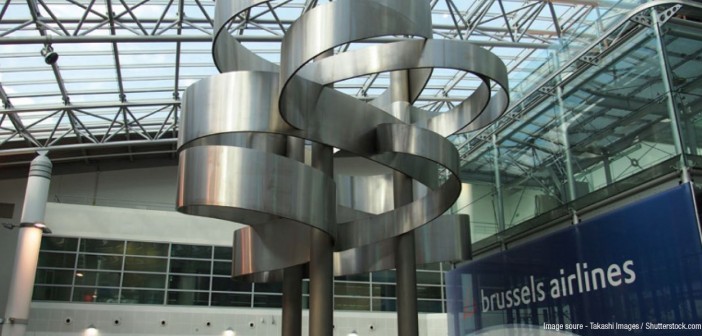
The wedge between Muslim and non-Muslim citizens in Europe was driven even deeper on March 22nd when coordinated attacks in Belgium – claimed by Islamic State (IS) – killed at least 30 and wounded more than 230 people.
IS’s intensifying sphere of influence is more evident than ever, with real implications for security in France, Belgium and the UK as the militant organisation expands its strongholds in the region. This phenomenon of terrorism and violence will continue to thrive for as long as we allow the divide between peoples to exist.
Planning for the Belgium attacks took up to six months and it is almost certain that IS has further atrocities in development. Some sources suggest that Spain and Italy are the next targets – but how, when and where is a dangerous riddle that Western governments will be trying to unravel with haste, as these latest attacks demonstrate the very real and present threat.
The heightened hostilities in Europe can be traced back to early 2015 when a series of satirical cartoons published by French newspaper, Charlie Hebdo, ridiculed the prophet of Islam, Muhammad, and stirred up emotions worldwide. Muslims regard this act as an unforgivable insult and it triggered many to break their silence on the Western world’s perceived mockery of their religion. Terrorist groups such as IS reacted quickly and called for a violent retribution.
This revenge came swiftly and heinously, when jihadists perpetrated a massacre at the offices of Charlie Hebdo on Wednesday 7 January 2015 which killed 12 people, most of them journalists.
Despite calls for non-violent protest by many Muslims in France, the fire of hatred has never been extinguished. Following the Charlie Hebdo attacks, the reputation of Muslims worldwide was tarnished and the terrorist label has been applied broadly to all that follow this religion. Now, a whole community is isolated and the jihadist thesis that ‘all Westerners are enemies’ is strengthened.
At the core of IS’s success is its ability to reach and influence people, primarily through the strategic recruitment of jihadists from western countries including Europe, the US and Australia. Its exploitation of social media to sell its propaganda is well-known. Yet, efforts to combat this tactic are relatively ineffective and often too little too late; a reaction to events rather than promotion of social cohesion on an ongoing basis. Basically, the frequency and volume of social media messages that espouse negative sentiment on the Muslim-West relationship seem to far outweigh the positive…Click HERE to find out more about this article





